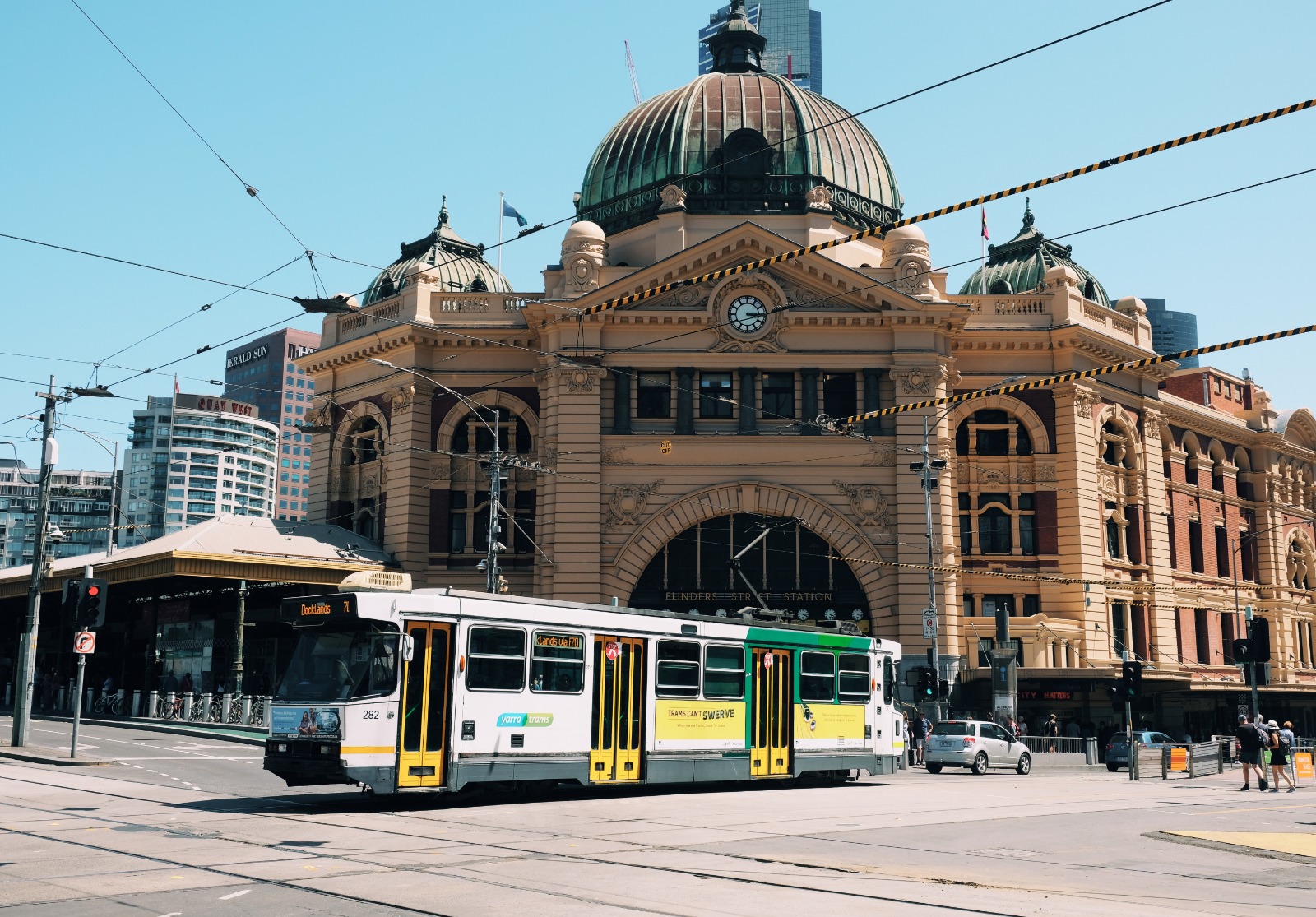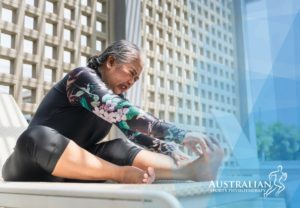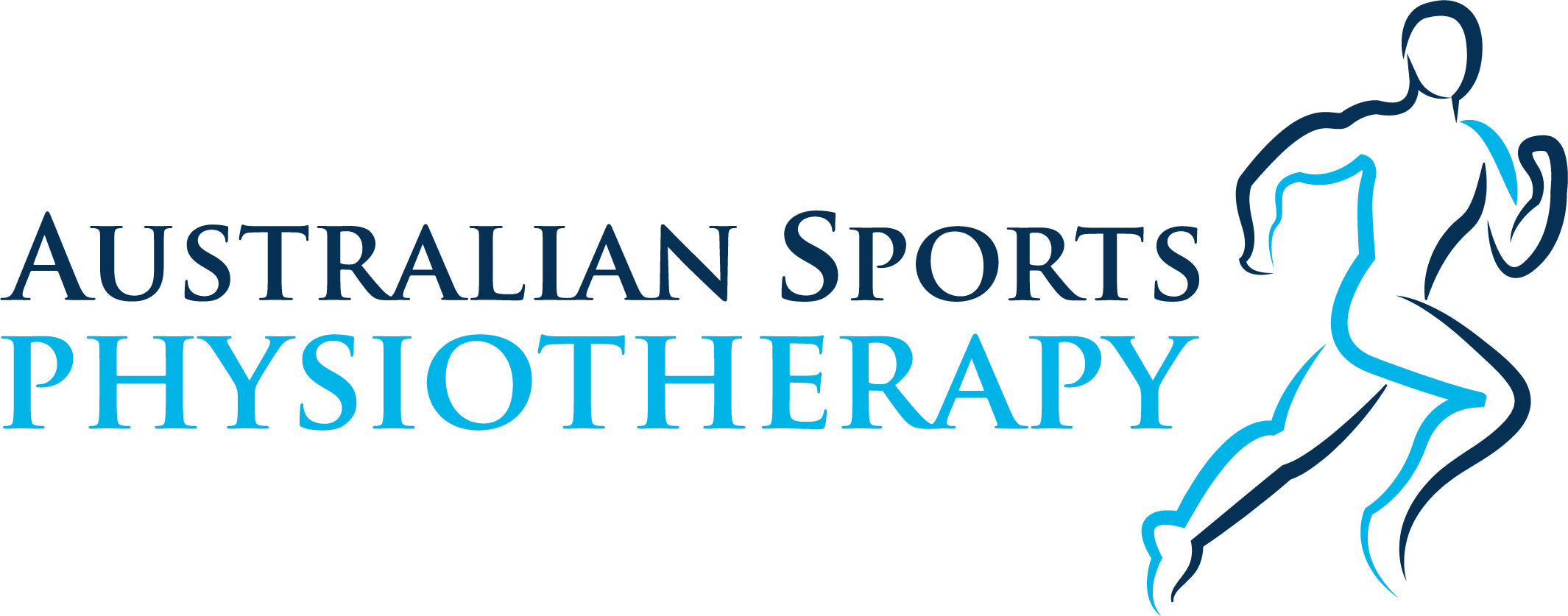Have you ever watched a football match only to see a player go down with an injury that sends chills down your spine? Anterior cruciate ligament (ACL) tears are among the most common and debilitating injuries in football, often sidelining athletes for extended periods. But what if you could bounce back stronger than ever?
The world of football is as exhilarating as it is gruelling, filled with athleticism, passion, and the risk of injury. The ACL, crucial for stability in the knee, can often fall victim to the intense demands of the sport. As the seriousness of these injuries grows, so does the importance of effective recovery. In fact, the pathway from injury to full recovery can be a complex journey fraught with challenges.
Physiotherapy plays a pivotal role in this journey, utilising tailored exercises and rehabilitation techniques that not only speed up recovery but also enhance strength and mobility, helping athletes return to the field with confidence. If you’re a footballer facing the daunting prospect of ACL recovery, understanding the critical role physiotherapy plays can make all the difference.
Can an ACL tear heal with physiotherapy?
Unfortunately, there is a set criteria required for an ACL tear to heal on its own supported with physiotherapy. The ACL is a ligament, and ligaments don’t have the ability to heal on their own like muscles or skin do. This is because they don’t have a good blood supply, which is necessary for healing.
However, physiotherapy plays a crucial role in managing an ACL tear and helping you regain function in your knee. It can help reduce pain and swelling, improve range of motion, and strengthen the muscles around your knee to provide stability. In some cases, with a partial ACL tear, physiotherapy may be enough to allow you to return to your normal activities.
If you have a complete ACL tear, surgery is usually recommended to reconstruct the ligament. Physiotherapy is an essential part of the recovery process after surgery, helping you regain strength, flexibility, and stability in your knee.
It’s important to see a doctor or physiotherapist to get a proper diagnosis and treatment plan for your ACL tear.
What is the recovery time for a torn ACL in football?
The recovery time for a torn ACL in football is typically 9-12 months. However, it’s important to note that this is just an estimate, and the actual recovery time can vary depending on several factors, including:
- Severity of the tear: A complete tear will take longer to heal than a partial tear.
- Type of surgery: Different surgical techniques have different recovery timelines.
- Individual healing rate: Everyone heals at a different pace.
- Adherence to rehabilitation: Following a strict rehabilitation program is crucial for a successful recovery.
It’s important to consult with a healthcare professional to get a more accurate estimate of your recovery time. They will be able to assess your specific injury and develop a personalised rehabilitation plan.
Can you play football again after a torn ACL?
Yes, it is possible to play football again after a torn ACL with proper medical care and rehabilitation. In fact, many professional athletes have successfully returned to their sport after undergoing ACL reconstruction surgery. However, it’s important to note that recovery time and the likelihood of a full return to play can vary depending on individual factors such as age, overall health, and the severity of the injury.
While it’s possible to return to football after an ACL injury, it’s important to manage expectations and understand that full recovery may take time. It’s also crucial to follow a structured rehabilitation program and listen to your body to avoid reinjury.
Important considerations for ACL tear recovery
- Individualised approach: Every ACL injury is unique, and the rehabilitation plan should be tailored to the individual’s needs and recovery progress.
- Pain management: Pain management strategies may be used to facilitate rehabilitation and reduce discomfort.
- Timing: The duration of each phase varies depending on the severity of the injury, surgical procedure, and individual healing rate.
- Progression: Exercises are gradually progressed in intensity and complexity as the knee heals and strengthens.
- Communication with healthcare providers: Regular communication with the surgeon and physiotherapist is essential to ensure optimal progress and address any concerns.
- Mental preparation: Addressing the psychological aspects of injury and recovery can help maintain motivation and confidence.

Final thoughts
While an ACL tear can seem like a daunting setback, remember that the road to recovery is paved with perseverance and the right physiotherapy support.
With a tailored rehabilitation plan, unwavering determination, and a sprinkle of patience, you can bounce back stronger than ever.
So lace up those boots, embrace the journey, and get ready to step back onto the field with confidence, because your comeback story is just beginning!
Book an appointment with one of our experienced physiologists today for a comprehensive assessment and customised treatment plan.










